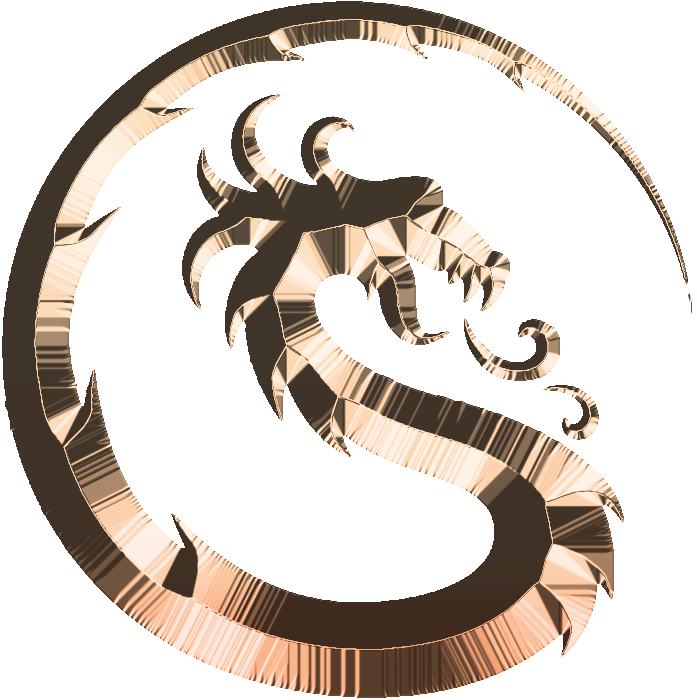While I’ve been reading more medieval mysteries these days, I always go back to Dan Brown whenever one of his books comes out. He’s the godfather of the religious thriller, and while we write in somewhat different genres, I’ve always admired his mastery of pacing and building puzzle-like plots. His latest novel is titled Origin, and my review of the book follows.
Origin offers a new and compelling mystery in the latest Robert Langdon novel, and the most controversial religious theory since Brown’s The Da Vinci Code. In the pantheon of Langdon tales, I enjoyed Origin more than Inferno, and probably as much as Angels & Demons. Though I must say, the first quarter of the book is more suspenseful than any Langdon novel so far.
The plot centers around Edmund Kirsch, a billionaire futurist and notorious atheist, who claims to have made a scientific discovery about the origin of life so profound it will shatter the foundations of religions worldwide. When he shares his discovery with three prominent religious leaders, including a Catholic archbishop who is the spiritual counselor to the king of Spain, Kirsch comes to believe his life is in danger. But despite the threats, Kirsch is determined to reveal his findings to the world in a live streaming spectacle broadcast from the Guggenheim Museum in Bilbao.
Enter Robert Langdon, Kirsch’s former professor of symbology at Harvard and a VIP guest to the big unveiling. Once this stage is set, the next hundred pages of Origin is so gripping I wasn’t able to put it down. Someone has sent an assassin to kill Kirsch before he can reveal his discovery. And even though you know what’s going to happen, the chapters are so masterfully constructed they never lose their tension.
 |
| Some exciting scenes occur in the Sagrada Familia in Barcelona. |
Without giving away the obvious, Langdon finds himself in another desperate situation, this time with the beautiful Ambra Vidal, fiancé to the crown prince of Spain. Along with Winston, an artificial intelligence created by Kirsch (think Siri on steroids), Langdon and Vidal must solve a series of mysteries to uncover Kirsch’s discovery and reveal it to the world. The danger is that the secret might disprove the existence of God, and Langdon fears the Catholic Church and the assassin may stop at nothing to silence the discovery.
Like all Langdon novels, this one contains a twist, and a clever one at that. (Yet another reason I found Origin to be better than Inferno.) Also, the book’s themes, both about the existence of God and the power of technology, are quite thought-provoking, if not somewhat disturbing. Once the answer was revealed, I found the questions the book raised about science to be far more troubling than those concerning religion. But that’s one of the things I enjoy most about Brown’s novels. You continue to think about them long after you finish reading.
A Note on Religion
As a religious person and writer of fiction that involves religious themes, the build-up to Kirsch’s discovery in the novel bothered me at times. I yearned to reach the end just to see if my own faith would be shaken. I’m pleased to report it was not. To reach his conclusion – one in which Brown seems to have a one-sided view, much like his overpopulation theory in Inferno – Brown uses a character based on, and named after, real life MIT physicist Jeremy England.
Incredibly, Brown included England in the book without his permission. Moreover, England, who is also religious, disagrees with Brown’s conclusions. So much so that he authored an opinion piece for The Wall Street Journal titled: “Dan Brown Can’t Cite Me to Disprove God.” (You can read it here, though a subscription might be required.) Once you’ve read the book, I suggest you read England’s article.
Since The Da Vinci Code, Brown has had great success taking controversial religious theories and turning them into thrilling stories. That’s a credit to Brown as a writer. But it helps to remember it’s all in the name of good fiction, as opposed to well-reasoned scholarship.
Thanks to Amazon, you can read a sample of Origin here.


Bill
November 20, 2017 - 3:36 pm ·Thanks for the review, Joe. I read the piece in the WSJ, but won’t read Brown since I noted his hostility to religious belief in Da Vinci Code.
Off topic, Vikings Season 5 this month!
Joseph Finley
November 20, 2017 - 5:53 pm ·Bill, thanks for the comment, and more importantly the news about Season 5 of Vikings! I definitely would have missed that one.